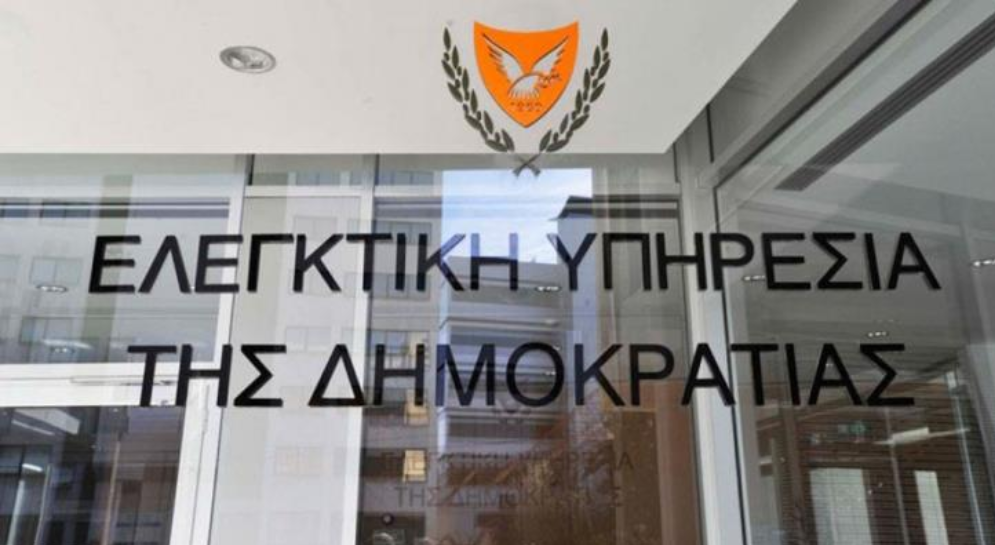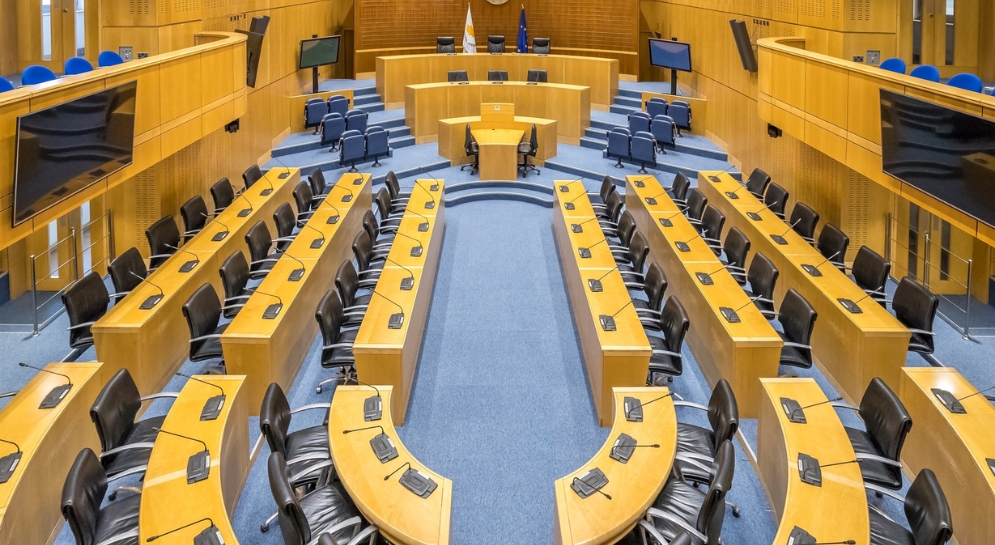
Sanctions, counter-sanctions and paying the heavy cost…- Article by Vakis Charalambous – Member of the Central Committee of AKEL, AKEL Economy Policy Department
Sunday 27 March 2022, “Haravgi’ newspaper
The impact of the war conflict in Ukraine, sanctions and counter-sanctions have naturally been, and will continue to be, the subject of debate and analysis. The common denominator is the existence of consequences, but nevertheless no one can safely predict the scope, duration and depth of the consequences of the war. After all, in a multipolar world with conflicting geostrategic and geopolitical interests, everything is fluid and constantly changing. It is obvious from the outset that the situation will bring about changes in international energy balances, energy supply correlations and a further rise in inflation.
The heavy price of the crisis will once again be paid by working people who are already paying the heavy price. Everything suggests – and by the government’s own admissions too – that inflation cannot be contained by effectively slowing down growth rates with all the consequences that are ultimately being imposed by neoliberal governments on working people through the imposition of harsh austerity policies.
The first reactions from the government’s side are reassuring mainly because they tend to allay the legitimate concerns of society. They themselves are well aware that many sectors of the economy will be affected, such as trade, shipping, construction, financial services and even the banking system. Apart from the indirect side-effects that will be felt over time, it is clear that serious losses will be recorded immediately in tourism, which is a substantial contributor to the Cyprus economy.
Along with tourism, the food industry, which has not yet managed to ‘breathe’ from the effects of the pandemic, will also suffer. There will be additional increases in fuel and electricity. The reduction in excise duty decided by the government has already almost entirely been wiped out by the increases, and it is only a matter of time before it approaches unprecedented high prices. Prices of essential goods will continue to rise sharply. The rally of increases will affect almost all the basic consumer goods of day-to-day life.
The first to be victimised are vulnerable groups of the population, small and medium-sized businesses and the agri-food sector. More price hikes and a high cost of living means a reduction in the already squeezed disposable income. Vulnerable groups are hit hardest as they spend a much higher proportion of their income on fuel, electricity and essential goods.
The pressing challenge remains to re-adaptation of priorities in the economy and the implementation of a developmental plan that serves the whole of society through the economy, but the need to take measures to limit the extent of the impact, particularly on vulnerable groups, is now emerging.
The government must realise this and immediately raise the issue of applying serious compensatory measures that will both alleviate galloping poverty and protect people against price hikes and profiteering. AKEL has tabled a series of proposals in this direction and will continue make its contribution by submitting realistic proposals. Proposals such as reducing VAT to 9% on electricity, ending the double taxation on fuel, imposing a cap on essential goods, etc.
The scope and possibilities exist.
But is there also the necessary political will on the part of the government?




